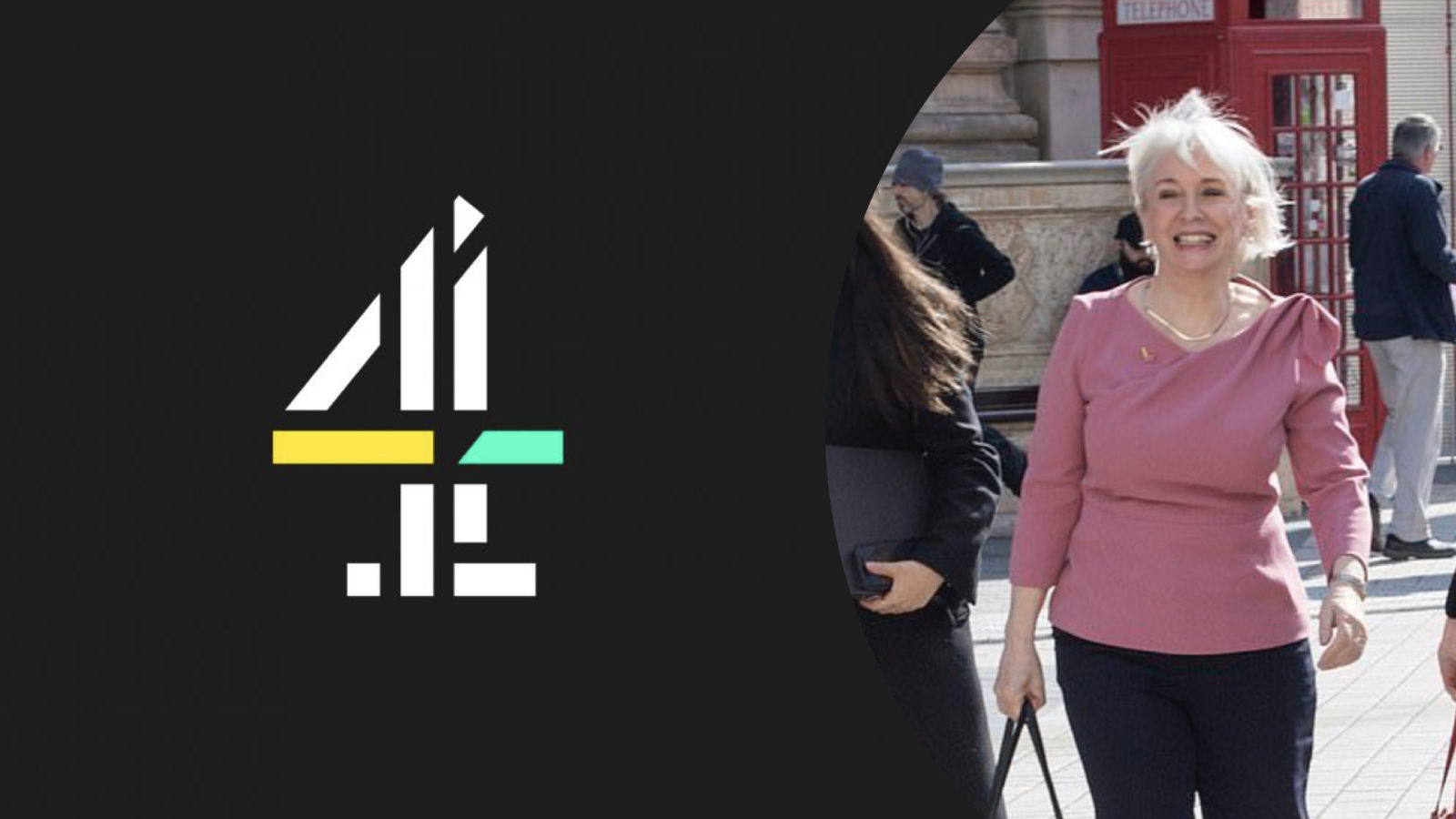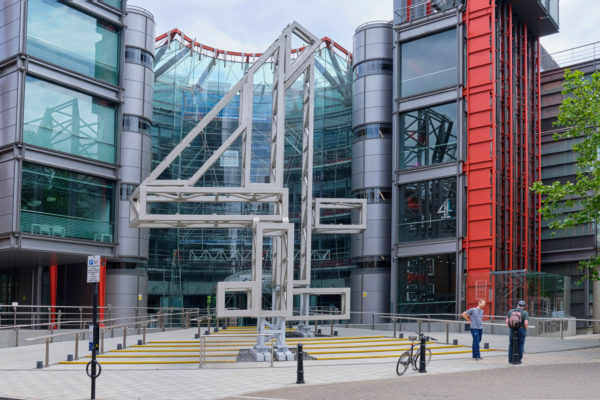Bright Future for international licensing, with British broadcast up Four sale
President Zelensky hits up the Grammys, Elon Musk becomes the President of Twitter (almost), and we get a glimpse into the Future of global licensing… and British broadcasting. It’s another week in media, M’dear ?
An awards ceremony without… well, Will Smith basically
Thank the media gods that the Grammys played out in relatively dulcet tones this week, after the detritus that was the 2022 Academy Awards. There were big wins for Jon Batiste and Olivia Rodrigo, and big tributes to Tony Bennett and Taylor Hawkins, after the latter sadly lost his life less than two weeks ago.
But undoubtedly, the star of the show was Ukrainian president Volodymyr Zelenskiy, who appearing via video message, issued a strong statement to the event’s global audience: “What is more opposite to music? The silence of ruined cities and killed people… our children draw swooping rockets, not shooting stars. Over 400 children have been injured, and 153 children died.”
He went on to encourage those looking on to continue to tell the truth about the situation on the ground: “Tell the truth about this war on your social networks, on TV. Support us in any way you can. Any, but not silence.”
From dulcet tones to Twitter thrones
As alluded to in the intro, he’s not quite its president yet, but Elon Musk is now one of Twitter’s largest shareholders, according to a US securities filing and reported here by the BBC. The Tesla founder and SpaceX LAD bought 73,486,938 shares in the company on March 14th – a stake worth US$2.89bn (£2.20bn).
Musk’s been Twittering on recently about the possibility of creating his own social network, as he seeks to help recreate some of the freedom once offered by the social sphere, without the current toxicity. On March 26th he tweeted: “Is a new platform needed?” Clearly, for the time being at least, he’s decided to mend the hole in the roof, before building a new mansion…
The Future of international licensing
Closer to home, there was BIG news from another BIG media brand last week, as Future Publishing Limited announced that it has signed a licensing deal with The Content Exchange (TCE), a global digital marketplace where publishers and creators can offer or license quality content directly from one another.
Annmarie Hawes, International Syndication Manager at Future Publishing Limited, said: “TCE fits perfectly within our licensing strategy. Like us, the platform operates on a global scale. It is an efficient syndication solution and as a publisher we stay in full control of pricing and conditions, while TCE takes care of distribution, translation and invoicing. We experienced that it is easy to use for a publisher as well as for the editorial teams that want to work with the content.” Full story here.
The future of British broadcasting

Those following the broadcast side of the industry will know that the UK Government’s plans to scrap the BBC license fee have come under heavy criticism. Yesterday, that criticism was matched as plans were also announced to privatise Channel 4 In a statement issued on Twitter, Culture Secretary Nadine Dorries said:
“Channel 4 rightly holds a cherished place in British life and I want that to remain the case. I have come to the conclusion that government ownership is holding Channel 4 back from competing against streaming giants like Netflix and Amazon.”
“A change of ownership will give Channel 4 the tools and freedom to flourish and thrive as a public service broadcaster long into the future. I will set out the future plan for Channel 4 in a White Paper in due course.”
“I will seek to reinvest the proceeds of the sale into levelling up the creative sector, putting money into independent production and creative skills in priority parts of the country – delivering a creative dividend for all.”
Non-political climate
The UN yesterday released its long-awaited climate change report, alongside which, Secretary-General António Guterres, issued a stark warning: “This is not fiction or exaggeration. It is what science tells us will result from our current energy policies. We are on a pathway to global warming of more than double the 1.5-degree limit” that was agreed in Paris in 2015.
This week, FIPP Journalist Sadie Hale reports on the recent Energy Mix panel on media coverage of the subject, asking ‘When climate journalism hits the wall – what are the challenges in climate reporting?’
[Main image: Shutterstock.com/Kevin Cole 44]










